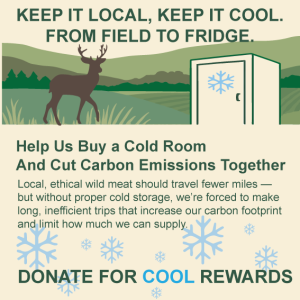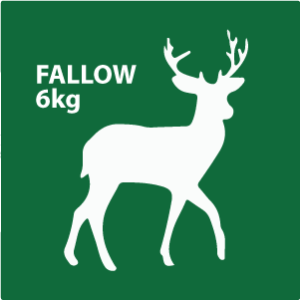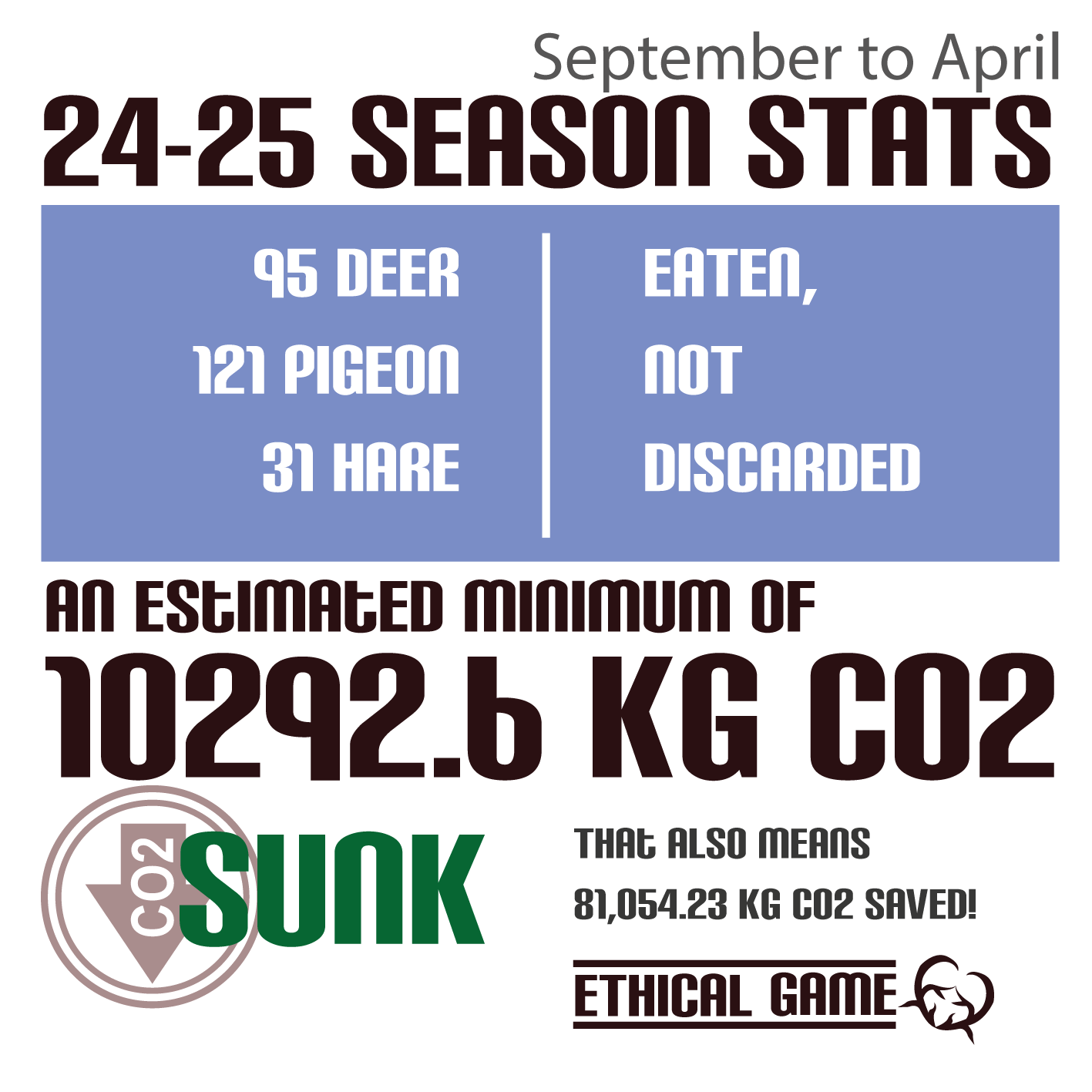First of all let’s start with some clarification. We source Wood Pigeon for our butchers store – and not feral pigeons. Wood pigeons like to nest in quieter areas like woodlands and farmlands, whereas feral pigeons have no issues in the city. Because of this, wood pigeons are also quite picky about their food – choosing wholesome food like spinach, grains, cherries etc. Conversely you will often find feral pigeons attacking a leftover takeaway in the bins or worse. This dietary choice is quite important for human consumption.
Why is Wood Pigeon Available?
Wood pigeon is available all year round – they have no game season because they breed very consistently throughout the year. With no set time for breeding, it makes it impossible to determine if they have chicks or not – and it’s one of the reasons they have become a bit of a pest.
Wood Pigeon – a Pest Species
Ironically, hundreds of Wood Pigeon are culled every week on farms that produce grains, beans, spinach and similar. The natural assumption that your salad greens and beans are vegan by dint of what they are is a false one. Their greens need protecting from the thousands of wood pigeons that descend upon them and one of the ways the farmer can achieve this is through culling.
What happens to the Wood Pigeon next?
Quite simply, in this area alone (Birmingham and outer farms) from just our supplier (there are multiple pigeon cullers in this area), hundreds of pigeon go to landfill EVERY WEEK. Our supplier is quite conscientious of waste, and tries his best to freeze as many as possible for animal food – but even a freezer has its limits. That’s why our partnership is a perfect marriage of business. We take as many as we can for customer orders, events and our own plates every week from him to help reduce those going to landfill and being wholly wasted.
Why is Wood Pigeon Ethical
The question of should the farmer be culling the Wood Pigeon in the first place is one we can’t answer. Farming is a complicated business and the alternative methods might be chemical, destructive, expensive – we just don’t know ourselves. This is a debate that does need to be thought about and researched and is food for thought for any Vegan on environmental and animal grounds.
What we can tell you is that the farmer doesn’t get compensated for culling the birds – in fact he PAYS to have them culled in the first place. We can also tell you that the Wood Pigeon lived wild and free and on a great natural diet up until their death. And of course – the Wood Pigeon we provide was already culled and headed for landfill when we came along – we aren’t creating any demand for the meat we are just stopping good meat already produced from going to waste.
Converting Vegans
Yeah okay I admit, this is a click bait heading. We AREN’T looking to convert Vegans. We fully support their dietary choices – and realise that it’s not a perfect system and different people will be at different stages of their food journey. We aren’t here to rub the fact that spinach isn’t vegan in their faces, the problems with the monopoly of soya and monocultures, the environmental and devastating effects of the humble avocado. These are all conversations, and there are no right answers.
What we do offer, is an alternative to farmed meat that has no environmental downside and is ethically better than farmed meat. People that come to us are already vaguely aware that farmed meat isn’t great and are looking to move away from a heavily meat diet but need help to do so. That’s where we come in, providing a range of meat options that won’t hurt the bank account, the environment or promote animal suffering. Using game already culled and headed to landfill regardless.
Highlighting the Conversation
Through our work we hope to create an ongoing conversation. Where does meat come from, how has it lived, how has it died, what effect does this have, what is it’s carbon footprint, how healthy is it? These are questions existing meat eaters may be having and perhaps should be having about the meat they consume and we help to highlight these issues. If through this conversation you decide to go Vegan – that’s totally cool and we support that. Because it’s the journey of connecting where are food comes from that is important to us, not the end personal decision you make.
What is Eating Wood Pigeon Like?
Okay this one is a tricky question but what I can tell you is that it’s not like Chicken. Especially not like store bought chicken which is reared so unnaturally fast it is large and flavourless. Wood Pigeon is a darker meat similar to what you’d expect from Waterfowl like Duck. The trick to Wood Pigeon is to not overcook it. Game meat can be much less forgiving than farmed meat when it is overcooked because has significantly less fat content so it can get dry very quickly. Always sear your pigeon breast first and then gently cook so that it is just pink still. First you need to get over the concept that it’s not a feral pigeon. This is a fine dining bird, not a disease ridden city bird. The psychology behind it being a pigeon is going to be your biggest hurdle to enjoying it. Once you can remedy with this concept, you’ll find Wood Pigeon quite enjoyable.



